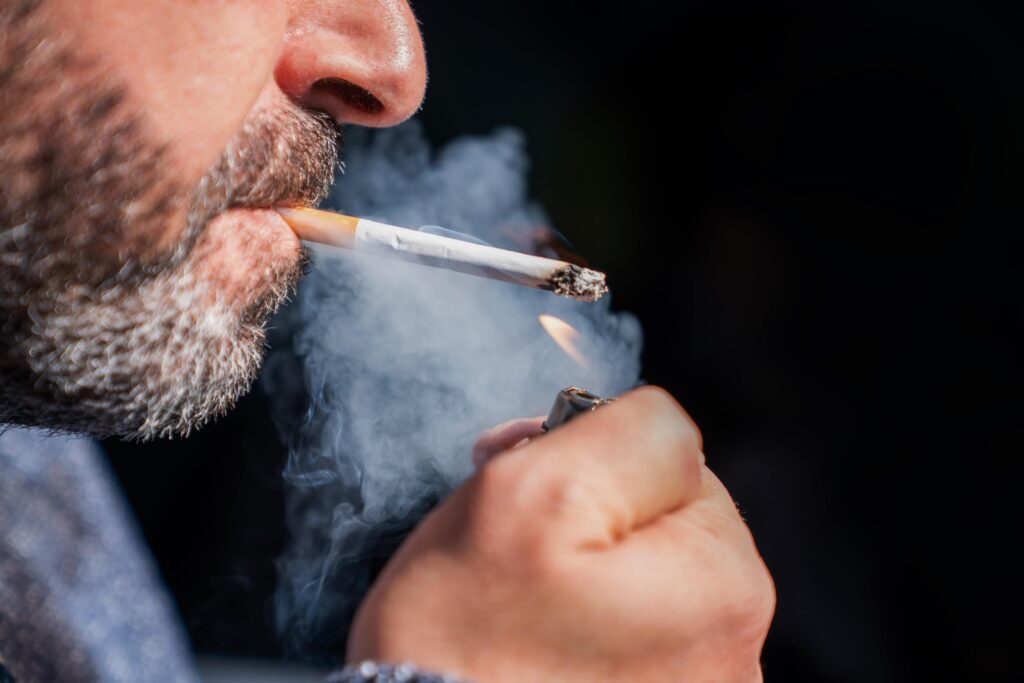Clearing The Air: How Smoking Impacts Oral Health
Smoking presents a significant risk factor for numerous systemic diseases, including heart disease, stroke, and lung cancer. However, the impact of tobacco on oral health is equally severe, yet not as widely acknowledged. The mouth serves as the first contact for cigarette smoke, and the effects can be detrimental to oral tissues and overall dental health. At Sandquist Dentistry in Las Vegas, we’re concerned about the complex relationship between smoking and oral health. Here are a few oral diseases linked to smoking and how tobacco affects the teeth, gums, and other areas of the mouth.



